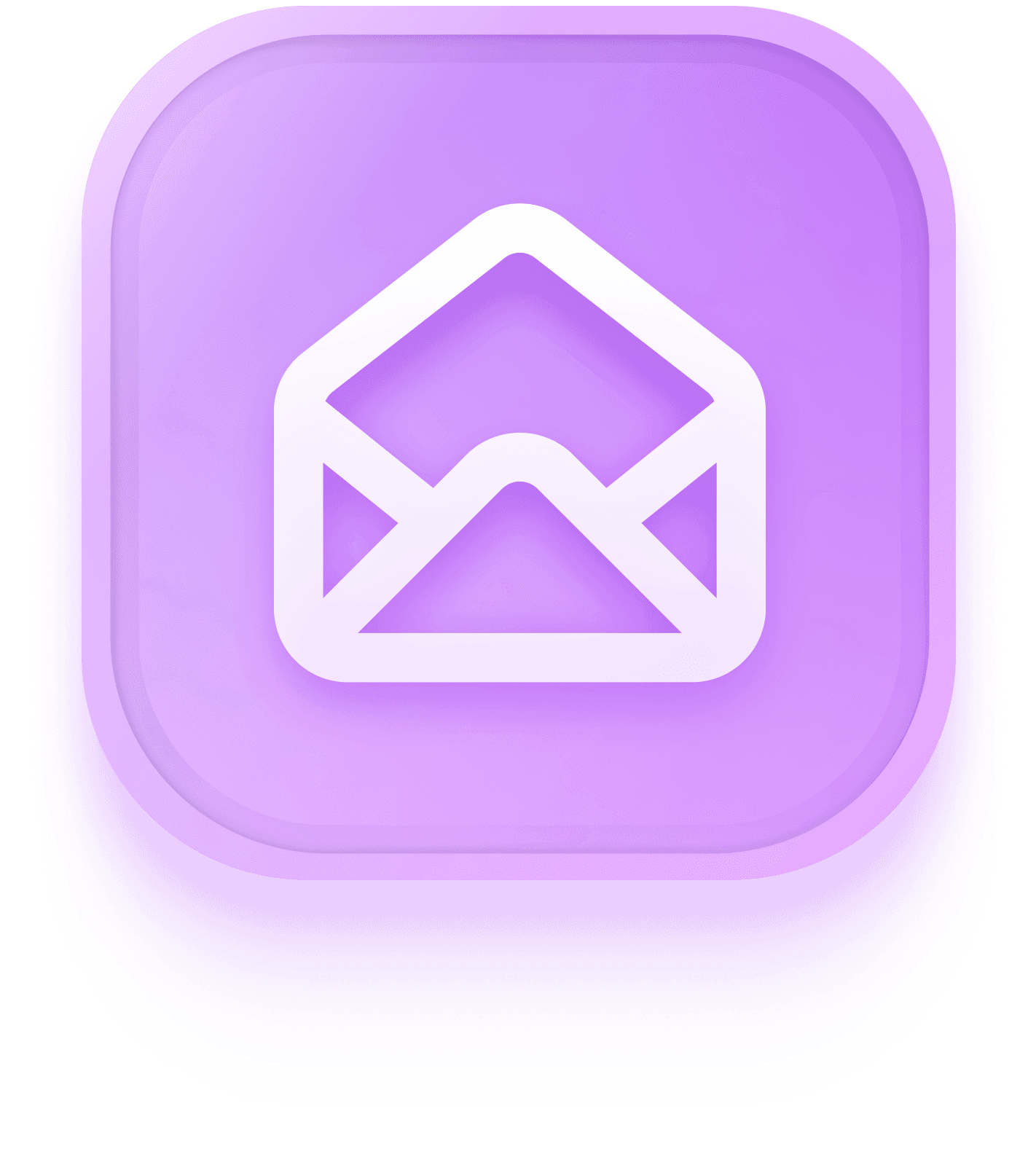Product
How to get the most out of Expressions
Sep 4, 2025
Some people see Phrasing's UI and correctly draw a correlation between Phrasing and other flashcard applications, but there are a few very critical things that differentiate Expressions. These will be formatted in the most actionable manner possible
Make Expressions 12-24 Words Long
Phrasing is different from most flashcard applications in the sense that it parses each expression, and connects it to a language graph. Where as in most applications, you want to create really short, atomic flashcards, making sure each flashcard is testing as close to one concept as possible, in Phrasing you want to do the opposite.
Language in real life is a messy, interconnected mess of relations and exceptions. Phrasing was built to support this as a first class citizen. Each time you study an Expression with the word cat, we update your recall of every Expression that has the word cat. If you study an Expression with the word purr, we even update your recall of every Expression that uses purrs, purred, purring, etc (although to varying extents).
Make Expressions You Don't Completely Understand
Anki is often best described as the place you put things that you understand, and would like to remember. Phrasing is the a few steps beyond that: the place to put things you can't remotely understand, and would like to one day understand and remember . Phrasing breaks them down and explains them in a dozen different ways, teaches you the Expressions one word at a time.
As you learn the words, read the descriptions Phrasing generates. Click on the shapes icon to see how to parse the sentence at a high level. Ask questions to the LLM.
The Expression will slowly start to make sense, one word at a time. All the while, they'll be drilling their way into your head
Make Expressions in Complex Constructions
Almost everyone is going to pick up languages in roughly the same order — something like present tense, past tense, future tense, conditional, subjunctive. This normally leads people to think that until they understand present tense, they should not study conditional.
However, this is a bit of a false premise. Just because it's the normal order of reproduction/mastery, does not mean there is an optimal order for exposure. We are adults, and we fully comprehend the intricacies of object permanence and the movement of time. With Phrasing, we recommend learning expressions in the present, past, future, conditional, subjunctive, passive, etc all from day one.
Yes, you will likely be able to retain and reproduce the present tense before you can the past tense etc. No, you should not worry about understanding the intricacies of every tense. However, there is no genuine interaction you'll have with someone that doesn't use the full depth of the language at nearly every turn.
Every expression you learn will get burned into your brain. When it comes time to learn things like conditional and subjunctive, you'll be happy to have several examples at the ready in your long term memory.







